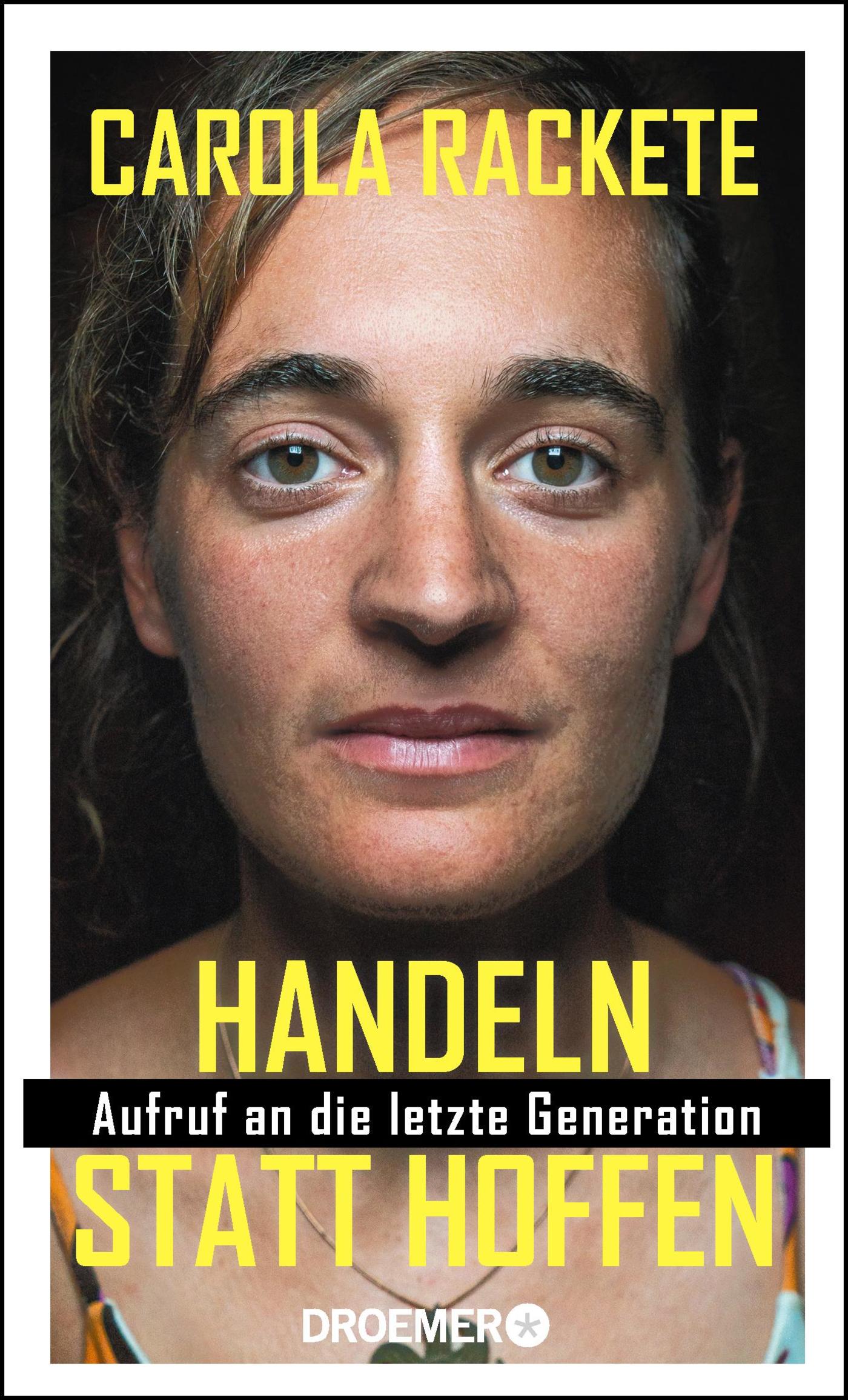"The history of mankind has reached a turning point: the natural world is being destroyed; the climate system is breaking down. If we do not protect the rights of other human beings in such a world, we endanger our own rights too." - Carola Rackete
Carola Rackete had other plans. But then came the call which triggered one of the most spectacular rescue missions of recent years: the captain of the Sea Watch 3, a rescue boat which was supposed to put out to sea from Sicily, had pulled out at the last minute.
Carola, who has worked on big research ships in the past, is a licensed mariner. For her there was no question about it – she knew that without this sea rescue mission even more people would die in the ocean. She was needed, so she stepped in.
Fifty-three people, including children and pregnant women, in a rubber dinghy that is not seaworthy – these are the people taken on board the Sea Watch 3 in June 2019. It turns into an odyssey that makes international headlines. It reveals that Europe’s nicely-worded civil rights are not worth the paper they are written on. Regardless of how forcefully Carola Rackete, as captain of the ship, stresses the urgency of the situation, no European state is prepared to take in the refugees. Sending them back to war-torn Libya is not an option – according to the European Convention on Human Rights, it is prohibited to send someone back to a state where there is threat of torture and inhumane treatment.
Carola has to steer the ship through international waters, finally waiting for 14 days in front of Lampedusa without receiving any help. In vain she writes to the Italian Maritime Rescue and Coordination Centre, demands support from France and Malta. The situation on board is worsening and the psychological state of the refugees deteriorates. Eventually she sees no alternative but to head into the harbour on the Italian island of Lampedusa, against the explicit instructions of the authorities, in order to bring the people to safety. She is well aware of the threat of Italian Interior Minister Matteo Salvini’s decree – a fine of up to €50,000, and, if convicted, up to 10 years imprisonment. And yet she appears composed when the Italian police lead her off the ship. After all, since the high-profile case of the Iuventa two years earlier, she was well aware that other captains could also be criminalised.
It is not the first time that Carola Rackete decided to hold fast to her personal values – and it won’t be the last. In doing so, she is the role model for a generation of young people whose sights are set firmly on what they need to achieve – and who act on their convictions without hesitation.
Carola Rackete is more than a sea rescuer. She has a clear understanding of the world she is fighting for. She has recognised that doing something is no longer a choice but a necessity. That’s because our planet’s resources are failing due to the economic activities carried out by industrial countries; the Earth’s climate system is out of control and as a consequence of the environmental breakdown, global poverty is increasing. Like many others, she fears that human rights will be cut back even more in the future, that we might even see a ‘climate apartheid’ scenario, as the UN has predicted.
In this book, we see the world through her eyes: she tells us what drives her, and which big issues cannot be deferred. It is a matter of human rights as well as conservation of nature, of climate goals as well as global justice. Powerfully and unsentimentally, Carola Rackete demonstrates how existentially important it is to take a risk for our planet, and in the process, she inspires us to act.
